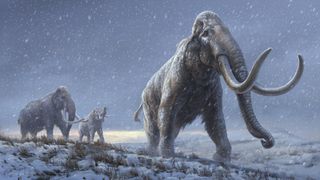Science News
Latest news
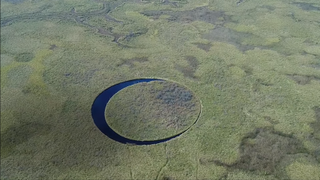
El Ojo: The mysterious floating island in Argentina's swampland that looks like a perfectly round eye
By Sascha Pare published
Argentina's El Ojo is said to harbor UFOs and the ghosts of ancient deities, but as far as scientists can tell, the island is simply a fluke of nature that formed through erosion and water currents.
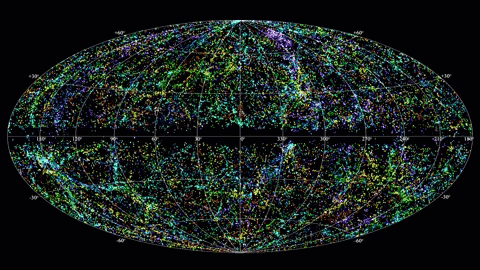
Where do fast radio bursts come from? Astronomers tie mysterious eruptions to massive galaxies .
By Sharmila Kuthunur published
Fast radio bursts — powerful and poorly understood cosmic eruptions — tend to occur in massive galaxies that host long-dead stars known as magnetars, a new study suggests.
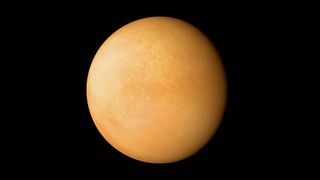
'Unique and extreme': James Webb telescope detects possible alien world bubbling over with volcanoes
By Agnibha Banerjee published
Astronomers using the James Webb Space Telescope have detected possible signs of gases released by volcanic activity on a distant exoplanet.
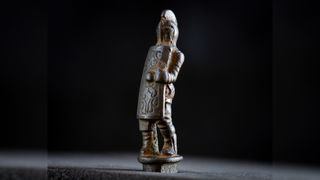
Rare gladiator-shaped knife handle discovered by Hadrian's Wall
By Margherita Bassi published
It's rare to find gladiator memorabilia from Roman Britain, but archaeologists by Hadrian's Wall have just found a 2,000-year-old knife handle depicting a left-handed fighter.
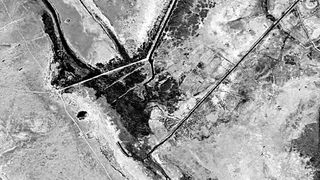
Declassified spy satellite images reveal 1,400-year-old battle site in Iraq that set off the Muslim conquest
By Sierra Bouchér published
Historical texts that mentioned details about the battle site helped researchers match the images to the lost town of al-Qadisiyyah.
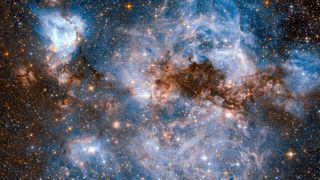
'The bottom line is, I told you so': JWST observations upend standard model of how galaxies form, new study claims
By Ben Turner published
The James Webb Space Telescope's discovery of unusually bright and massive galaxies soon after the Big Bang has cast doubt on the standard model of galaxy evolution and bolstered a rival theory for how physics may work on large scales, according to a team of astronomers.
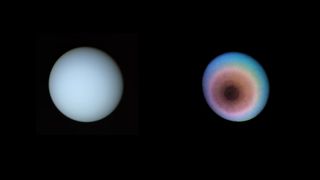
We've been wrong about Uranus for nearly 40 years, new analysis of Voyager 2 data reveals
By Ben Turner last updated
Voyager 2's 1986 flyby of Uranus, the main source of our knowledge of the icy planet, could have come at the same time as a weird plasma burst from the sun.
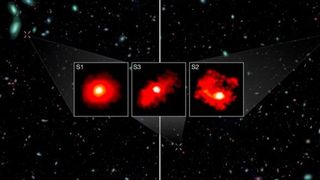
James Webb Space Telescope discovers mysterious 'red monster' galaxies so large they shouldn't exist
By Ben Turner published
The James Webb telescope has spotted three gigantic "red monster" galaxies that were spawned soon after the Big Bang. They're so large they could rewrite the laws of galactic evolution.
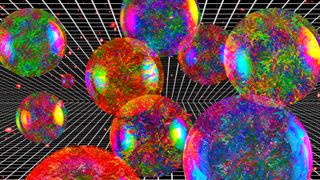
It would be easier to find aliens in a parallel universe than in our own, new multiverse study claims
By Harry Baker published
A new model based on the famous alien-hunting Drake equation suggests that some parallel universes within the hypothetical "multiverse" could have higher chances of containing extraterrestrial life than our universe.

Teen sickened with Canada's first human case of bird flu is in critical condition — and the source remains a mystery
By Stephanie Pappas published
A teenager in Canada is critically ill with the country's first human case of H5N1 bird flu. Health officials aren't sure how the youth was exposed.

'Edge of chaos' neuroscience theory could lead to superfast computing chips that behave like superconductors
By Skyler Ware published
By tapping into the enigmatic theory of how neurons transmit signals, scientists have proven they can one day build computer chips with near-zero electrical resistance.
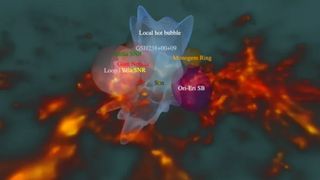
3D map reveals our solar system's local bubble has an 'escape tunnel'
By Robert Lea published
A 3D map of our cosmic neighborhood has revealed hot and cold regions as well as an "escape tunnel" from our local bubble.

Necrotizing fasciitis: The 'flesh-eating' infection that bores holes in the body
By Emily Cooke published
Necrotizing fasciitis is a rare, life-threatening illness caused by bacteria that aggressively attack the soft tissue of the body.
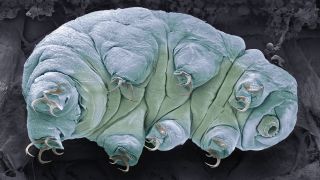
Teeny tardigrades can survive space and lethal radiation. Scientists may finally know how.
By Sharmila Kuthunur published
A new species of tardigrades with thousands of genes that become more active when exposed to radiation could help in devising better protection for astronauts on long missions.
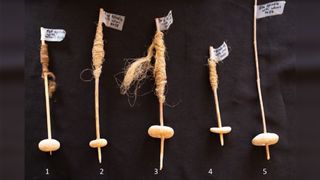
12,000-year-old, doughnut-shaped pebbles may be early evidence of the wheel
By Owen Jarus published
The wheel was likely invented around 6,000 years ago, but a new analysis of curious rocks from Israel suggests that wheel-like technologies existed even earlier.
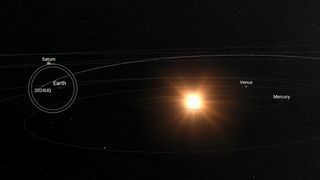
An asteroid hit Earth just hours after being detected. It was the 3rd 'imminent impactor' of 2024
By Brett Tingley published
A small asteroid burned up in Earth's atmosphere off the coast of California just hours after being discovered and before impact monitoring systems had registered its trajectory.
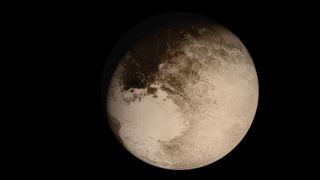
Why is Pluto not considered a planet?
By Joanna Thompson published
Pluto was demoted from a planet to a dwarf planet in 2006. So why is its status still so controversial today?

24 brain networks kick in when you watch movies, study finds
By Jennifer Zieba published
Researchers created the most detailed map of the brain's functional networks using data from people watching movies, including "Inception," "Home Alone" and "Erin Brokovich."
Sign up for the Live Science daily newsletter now
Get the world’s most fascinating discoveries delivered straight to your inbox.
